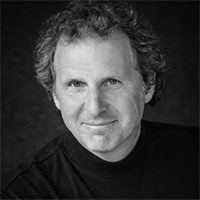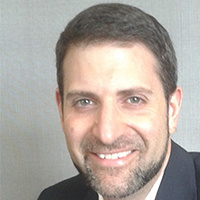Bellvue Misdemeanor Lawyer, Colorado
Sponsored Law Firm
-
 x
x

Click For More Info:
-
Dion J. Custis, PC
155 E Boardwalk Ste 400 Fort Collins, CO 80525» view mapCriminal Defense Law Skilled Counsel. Fearless Advocacy.
Our firm has a depth of experience that is hard to find anywhere else. Our lead attorney has fought passionately for the rights of his clients. You deserve a future.
800-979-2711
Not enough matches for Bellvue Misdemeanor lawyer.
Below are all Bellvue Criminal lawyers.
Lee E. Christian
✓ VERIFIEDLee Christian is an attorney in Fort Collins specializing in all aspects of trial work. He has been a trial lawyer in Fort Collins for over 25 years. ... (more)
Rachel Anne Michael
✓ VERIFIEDAs a former prosecutor, Attorney Rachel A. Michael has a deep understanding for both sides of the criminal justice system. This experience enables her... (more)
Samuel Austin Kornfeld
✓ VERIFIEDI am a Colorado native and grew up along the Front Range. My practice focus is wills, trusts, and estate planning for young families with minor childr... (more)
David A. Mestas
✓ VERIFIEDDavid's negotiation skills and trial experience allow him to represent his clients in a manner few other attorneys in the Northern Colorado area can m... (more)
Michael David Miller
✓ VERIFIEDI am a twelve-year Veteran of the U.S. Navy and retired 20-year law enforcement professional. Over the course of my police career, I served in thre... (more)
FREE CONSULTATION
CONTACTHeather Melissa McMillan
FREE CONSULTATION
CONTACT Dion J. Custis Fort Collins, CO
Dion J. Custis Fort Collins, CO Practice AreasExpertise
Practice AreasExpertise





